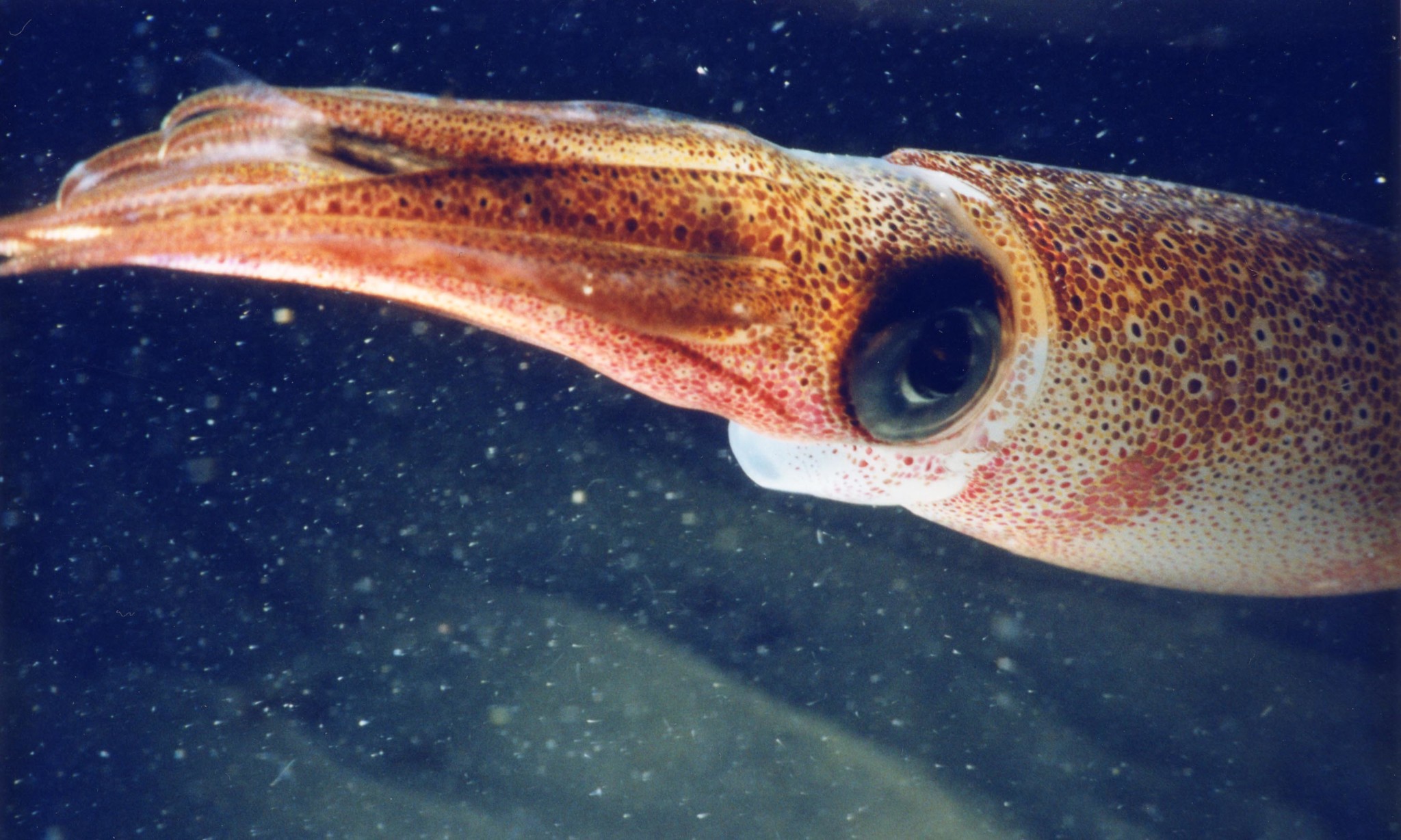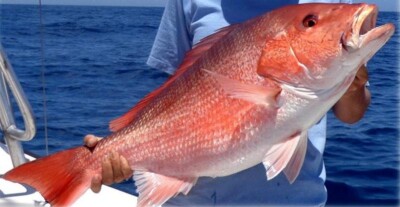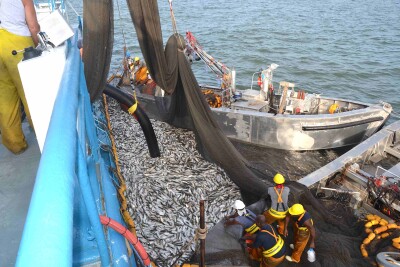As West Coast water temperatures begin to swing away from the El Niño effects of the last two years, squid populations have recovered and harvests have been at about half of the catch limits. Meanwhile, El Niño conditions in other key harvest areas around the globe could also curb production and bolster ex-vessel prices for the West Coast fleet as the season wears on.
“We’re still reacting to the after effects of El Niño,” said Diane Pleschner-Steele, executive director of the California Wetfish Producers Association. “We got a little more than 42,000 tons last year. We’re right around 20,000 [in late June].”
The West Coast squid season runs from April 1 to March 31, with a commercial harvest limit of 118,000 short tons. Some years, the fleet nears its limit by October.
For the second year in a row, the fleet of squid boats (there were less than 60 fishing in June) saw a price of $1,000 per ton for their deliveries. According to most recent data from PacFIN, the 2015 season harvest totaled 36,772 metric tons and averaged $600 per ton for ex-vessel revenues of $24.46 million. In the pre-El Niño conditions of 2014, the West Coast fleet landed 104.1 million metric tons at $640 per ton for a value of $72.91 million.
“It’s simple supply and demand,” added Pleschner-Steele on market conditions for this year. “There’s not a whole lot of squid coming in from other places. As soon as the Falkland start coming on we’ll see prices drop a bit.”
But El Niño conditions in the Falkland Islands during 2015 and 2016 have hampered production there and left markets short. If the downtick in production continues, ex-vessel prices should remain firm for product coming out of the West Coast.
According to harvest data from the Falkland Islands Government Fisheries Department, illex catches dropped precipitously from a high of 357,687 metric tons in 2015 to 2,357 metric tons in 2016.







